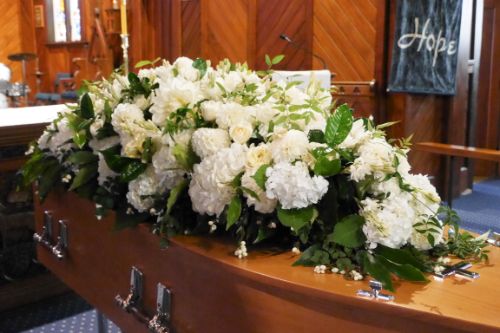In the wake of a tragic loss due to wrongful death, families in Florida often find themselves navigating a complex legal process to seek justice and compensation. One crucial phase in this process is the discovery phase, during which both parties exchange information and evidence relevant to the case. Understanding what to expect during the discovery phase can help ease the burden on grieving families and ensure they are adequately prepared for the legal proceedings ahead.
Initial Steps
The discovery phase typically begins after the filing of a wrongful death lawsuit in Florida. Once the lawsuit is initiated, both the plaintiff (the party bringing the lawsuit) and the defendant (the party being sued) enter the discovery phase. This phase is governed by specific rules and procedures outlined in Florida’s civil procedure laws.
Document Requests
During the discovery phase, both parties have the opportunity to request relevant documents from each other. These documents may include medical records, accident reports, witness statements, employment records, and any other evidence pertinent to the case. Each party is obligated to provide the requested documents within a specified timeframe, ensuring transparency and access to crucial information.
Interrogatories
Interrogatories are written questions that one party sends to the other, requiring a written response under oath. These questions aim to gather information about the circumstances surrounding the wrongful death, the parties involved, and any relevant facts or evidence. Answering interrogatories accurately and comprehensively is essential to building a strong case and advancing the legal process.
Deposition
Depositions are sworn testimonies given by witnesses, specialists, or parties involved in the case. During a deposition, individuals are questioned under oath by attorneys from both sides. Depositions serve multiple purposes, including gathering information, assessing the credibility of witnesses, and preserving testimony for trial. They play a crucial role in uncovering key facts and shaping the direction of the case.
Mediation and Settlement Negotiations
While the discovery phase is underway, parties may also engage in mediation or settlement negotiations to resolve the case outside of court. Mediation involves a neutral third party who facilitates discussions between the parties to reach a mutually acceptable agreement. Settlement negotiations allow parties to explore options for resolving the case without the need for a trial. These alternative dispute resolution methods can offer a faster and less adversarial way to achieve closure and compensation for the family of the deceased.
Discovery Disputes
Despite efforts to cooperate, disagreements may arise during the discovery phase regarding the production of documents, responses to interrogatories, or the scope of depositions. When disputes occur, parties may seek intervention from the court to resolve the issue. The court may issue orders compelling compliance with discovery requests, imposing sanctions for non-compliance, or resolving disputes through hearings or conferences.
Navigating the Discovery Phase
For families grappling with the aftermath of a wrongful death, the discovery phase can feel like an overwhelming hurdle in an already challenging journey. From gathering documents to participating in depositions, the process can be emotionally draining and time-consuming. However, understanding what to expect during this phase can empower families to actively participate in the legal proceedings and seek accountability for their loved one’s untimely passing.
Emotional Toll
The discovery phase often involves revisiting painful memories and details surrounding the loss of a loved one. Families may need to recount the events leading up to the wrongful death, provide personal information, and engage with legal proceedings that dredge up feelings of grief and trauma. It’s crucial for families to prioritize self-care and seek support from loved ones, counselors, or support groups during this challenging time.
Transparency and Communication
Effective communication between families and their legal representation is key to navigating the discovery phase successfully. Attorneys should keep families informed about the progress of the case, explain legal concepts and procedures in plain language, and address any concerns or questions that arise along the way. Transparency builds trust and ensures that families feel empowered to actively participate in decision-making throughout the legal process.
Seeking Closure
For many families, the discovery phase represents an opportunity to seek closure and find answers to lingering questions surrounding their loved one’s death. By uncovering key facts and evidence through document requests, interrogatories, and depositions, families can gain a better understanding of what happened and why, which can be essential for the healing process. While no amount of legal action can undo the loss, obtaining justice can provide a sense of validation and peace of mind for grieving families.
The discovery phase of a Florida wrongful death case is a critical stage in the legal process, allowing parties to gather evidence, assess the strength of their case, and explore opportunities for resolution. By understanding what to expect during this phase and working closely with experienced legal counsel, families can navigate the complexities of the legal system with confidence and pursue justice for their loved ones.
If you have lost a loved one due to wrongful death in Florida, it’s essential to seek legal representation from a skilled and compassionate attorney who can guide you through the discovery phase and advocate for your rights. Contact us today to schedule a consultation and learn how we can help you pursue the justice and compensation your family deserves.
